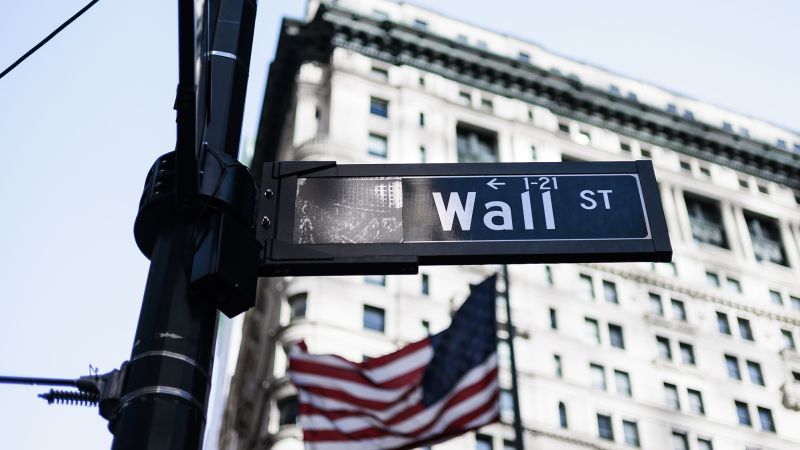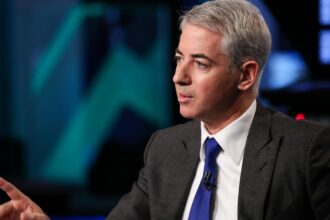The average annual Wall Street bonus fell to $176,700 last year, a 26% drop from the previous year’s average of $240,400, according to estimates released Thursday by New York State Comptroller Thomas DiNapoli.
The 2022 bonus figure is more than twice the median annual income for US households.
Rising interest rates, recession fears and Russia’s invasion of Ukraine hurt Wall Street firms’ bottom line. That led to a steep drop in mergers and acquisitions last year and a dearth of initial public offerings, which ordinarily generate huge revenues for the banks handling those mega-transactions.
Look no further than Goldman Sachs and Morgan Stanley, which both reported big drops in revenue and profit for the fourth quarter of last year. Both announced layoffs a few months ago. And each firm’s CEO saw his pay slashed.
“A 26% decline brings the average bonus closer to what financial employees received prior to the pandemic,” DiNapoli said in a statement.
All in, Wall Street firms had a $33.7 billion bonus pool for 2022, which is 21% smaller than the previous year’s record of $42.7 billion — and the largest drop since the Great Recession.
Nevertheless, an average bonus payout of $176,700 is nothing to sneeze at, considering the most recent Census figure for median US household income was $70,800 in 2021.
For New York City and New York State coffers, bonus season means a welcome infusion of revenue, since employees in the securities industry make up 5% of private sector employees in NYC and their pay accounts for 22% of the city’s private sector wages. In 2021, Wall Street was estimated to be responsible for 16% of all economic activity in the city.
DiNapoli’s office projects the lower bonuses will bring in $457 million less in state income tax revenue and $208 million less for the city compared to the year before.
But bonus-driven revenue is not all that’s needed for the local economy to recover to pre-pandemic levels.
“While lower bonuses affect income tax revenues for the state and city, our economic recovery does not depend solely on Wall Street. Employment in leisure and hospitality, retail, restaurants and construction must continue to improve for the city and state to fully recover,” DiNapoli said.
Read the full article here










